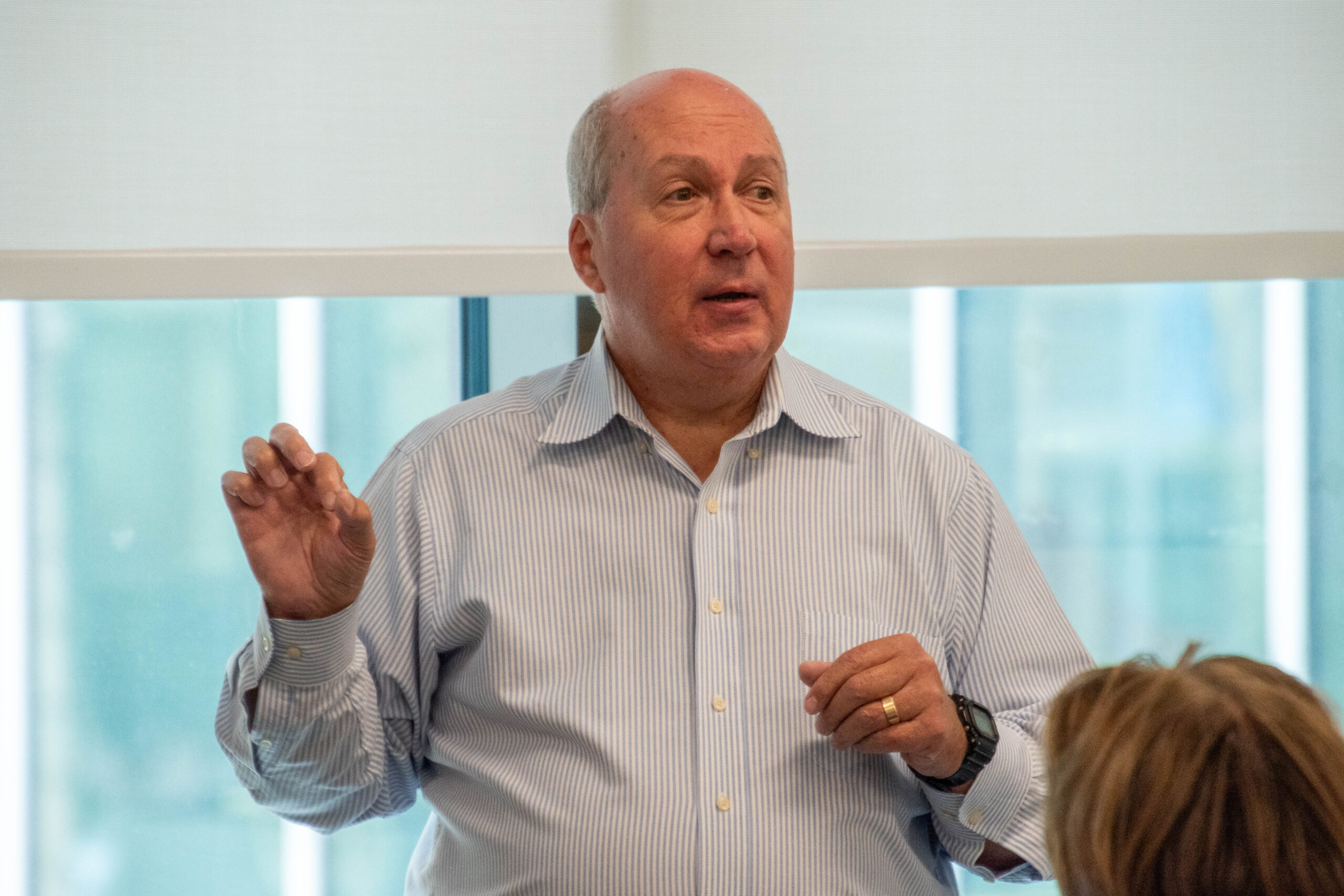Gambling
Americans are expected to spend $150 billion on sports betting this year

As the fall sports season heats up, sports betting is on the rise, too. Americans are expected to spend more than $150 billion on wagers this year, more than ever before.
Sports betting has only been legal in the United States outside of Nevada since 2018. Since then, hundreds of billions of dollars have been spent on wagers.
There’s also been a sharp rise in incidences of gambling addiction.
U.S. Sen. Richard Blumenthal (D-CT) said there should be more safeguards in place to make addiction less likely.
“The gambling industry this year alone will grow by 30%, from about $26 billion in sports betting to $35 billion [more than last year],” Blumenthal said. “That’s according to the American Gaming Association, the industry itself. And in the wake of that growth are tens of thousands of people whose lives have been destroyed because they are problem gamblers who are exploited by the industry.”
Blumenthal, along with Rep. Paul Tonko (D-NY-20), introduced a bill to regulate the company’s advertising and AI algorithms called the Supporting Affordability and Fairness with Every Bet Act (SAFE). He said it’s in an attempt to make sports betting less addictive.
“It would very simply establish standards nationally, through federal law, that would restrict the kind of bonuses and credits and other enticements,” Blumenthal said. “It would forbid ads during certain hours when children would be exposed to them or during sporting events themselves. It would provide the right to self-exclusion by betters so they can take themselves off all these promotions and bonuses and other enticements.”
Multiple gambling treatment providers in Connecticut support the legislation.
Katie Kirch is the clinical supervisor for the Better Choice Gambling Treatment Center at the Wheeler Clinic.
“With high accessibility, it becomes so much easier to lose everything,” Kirch said. “We are seeing a much younger demographic coming into treatment in our state, and we have a responsibility to protect them from the potential consequences of sports betting that could also follow them throughout their lifetimes.”










